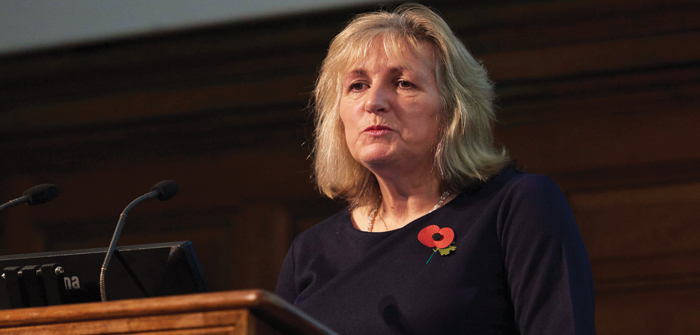NOAH has today launched a factsheet focussing on the role of SQPs, the latest in its series highlighting how different aspects of the animal health sector all play their part in keeping the nation’s animals healthy.
The SQP factsheet looks at how they can help with the three pillars of the NOAH Blueprint approach: how they can help stop disease getting to animals, equip them to fight disease and work with animal owners to ensure disease is treated appropriately.
Launching the factsheet today at the AHDA Conference in Birmingham, NOAH chief executive Dawn Howard said: “NOAH’s three-step blueprint encourages responsible animal health and welfare across the UK.
“It recognises that keeping animals healthy is our collective responsibility and aims to encourage all sectors to work together closely in order to: STOP disease getting into the animal; EQUIP animals to fight disease if they do encounter it and TREAT animals appropriately when sickness is unavoidable.
“These three steps encompass the full spectrum of animal health, from reducing the risk of exposure to infectious diseases, taking preventative healthcare measures and prescribing appropriate treatments in case of illness.”
Ms Howard added: “The campaign targets distinct audiences across the sector and looks at their unique roles. Our blueprint is underpinned by a series of factsheets focussing on these areas. This, our latest, factsheet looks closely at the vital role SQPs, as animal health advisers, play. Through their excellent advice and their ability to prescribe and sell certain categories of medicines to prevent and treat disease, they are a very important piece of the jigsaw that protects the health and welfare of our animals.
“A collaborative, comprehensive approach to animal health, with everybody working together but taking specific responsibilities according to their role, is absolutely vital to ensure animals across the UK are happy and healthy. Our blueprint is a guide for all those who touch animals’ lives, and over the coming months we will be providing even more resources to inform and encourage responsible animal health and welfare.”


